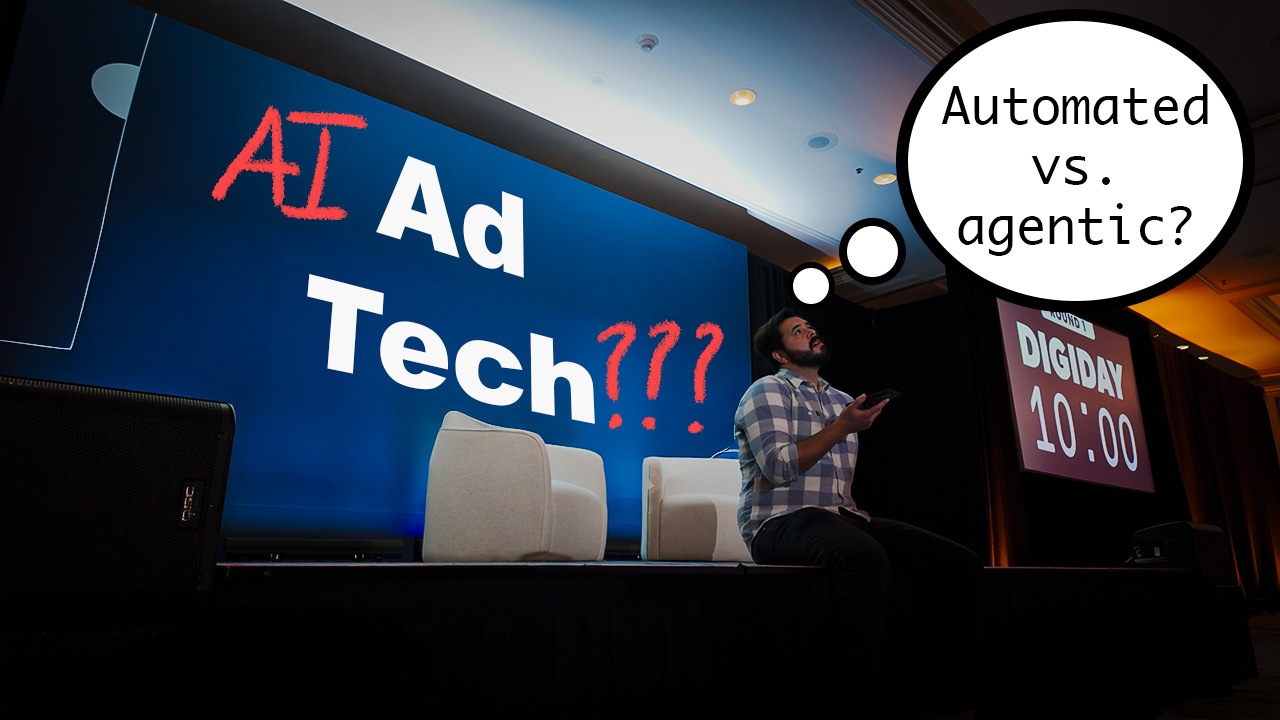fromYanko Design - Modern Industrial Design News
1 month agoRecord setting Pocket Lab shrinks a full AI supercomputer into the size of a power bank - Yanko Design
Tiiny AI, a US-based deep-tech startup, has unveiled the Pocket Lab, officially verified as the "world's smallest personal AI supercomputer." This palm-sized device, no larger than a typical power bank, is capable of running large language models (LLMs) with up to 120 billion parameters entirely on-device, without relying on cloud servers or external GPUs.
Designer: Tiiny AI
At its core, the Pocket Lab aims to make advanced artificial intelligence both personal and private.

















